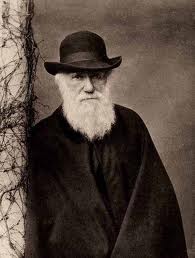3 Things I learnes
- that Ethiopia was at one time the jewel of Africa
- that there were German colonies in Africa
- that the Suez canal is so important to trade
2 Things I found Interesting
- Spain had nearly no colonies in Africa
- India was such a valuable nation
1 Question I Have
- Why weren't there more outbreaks against the Europeans by the Africans, who are known for fiercely defending their cultures today






